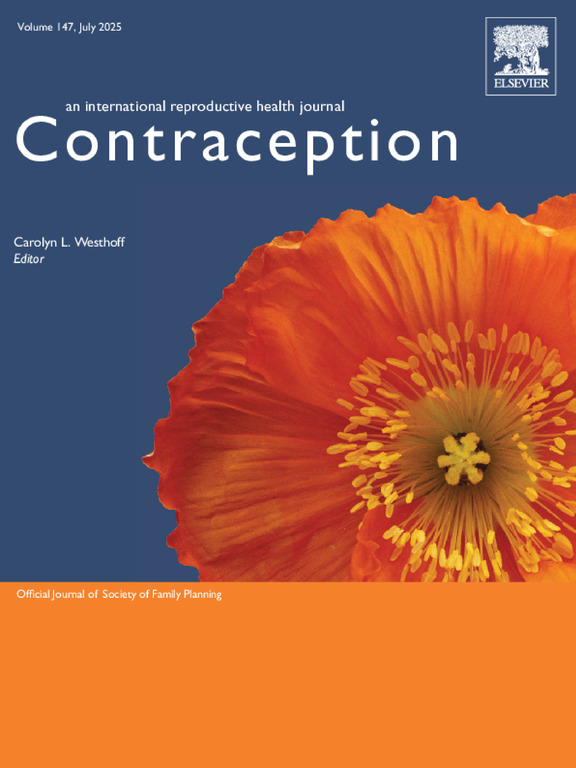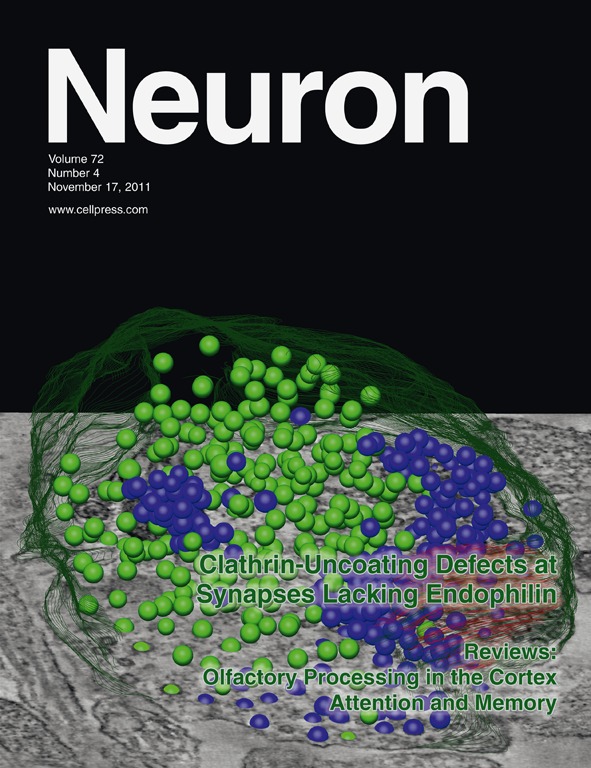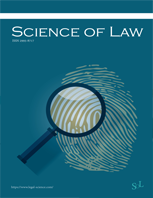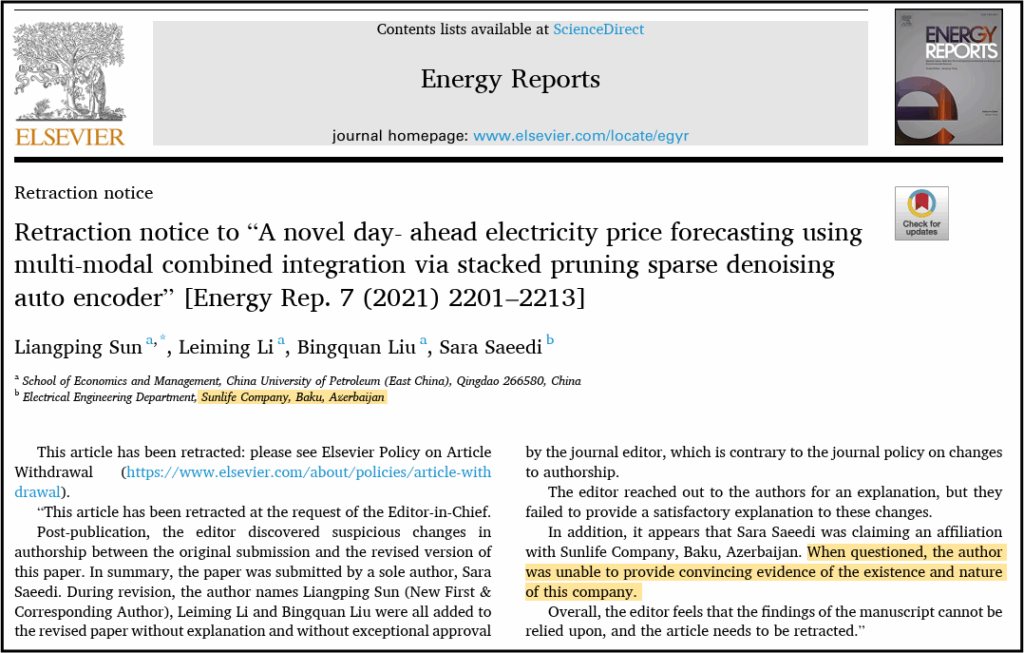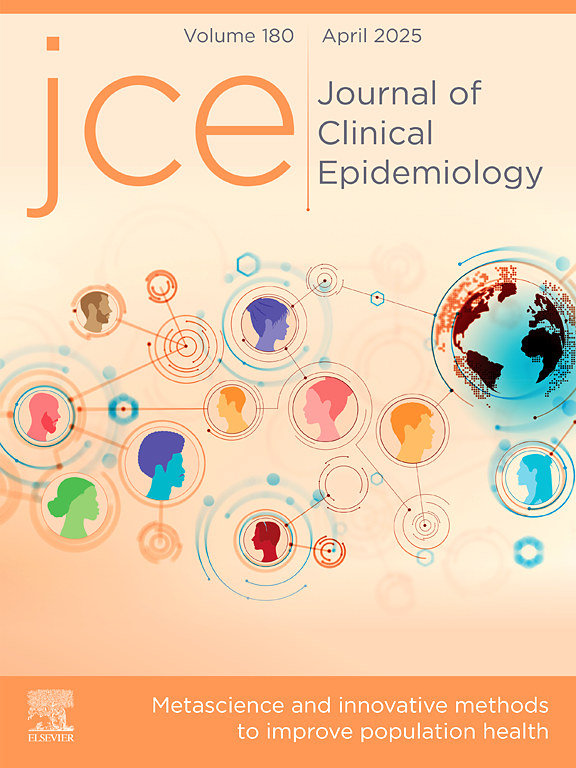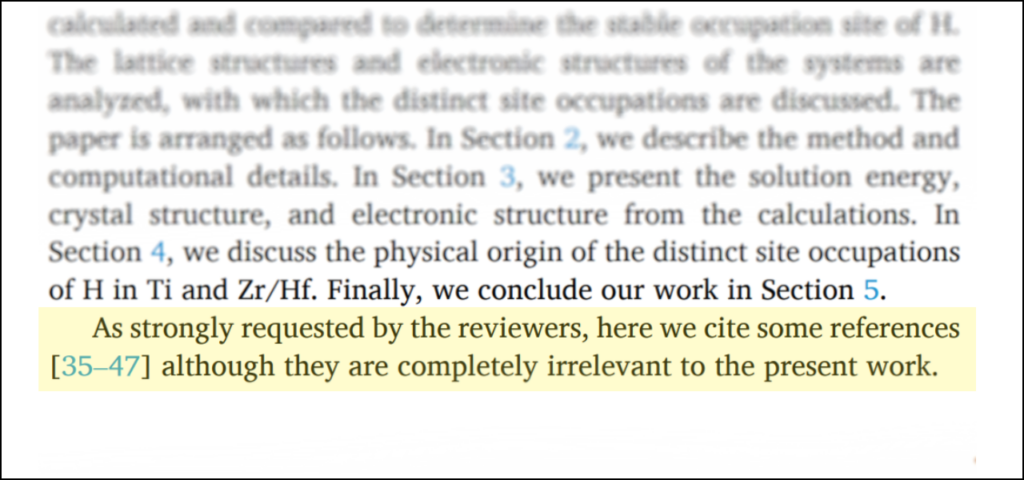A journal has retracted a 22-year-old-paper whose first author is the integrity officer for the Committee on Publication Ethics over concerns about image editing that “would not be acceptable by modern standards of figure presentation.”
The 2003 paper, “A recombinant H1 histone based system for efficient delivery of nucleic acids,” was published in Elsevier’s Journal of Biotechnology and has been cited 41 times, according to Clarivate’s Web of Science.
Sleuth Sholto David, who goes by the name “Mycosphaerella arachidis” on PubPeer, raised concerns about the image in December 2023, pointing out a “[d]ark rectangle” that appeared to be “superimposed onto the image.”
Continue reading COPE integrity officer loses 22-year-old paper for image concerns